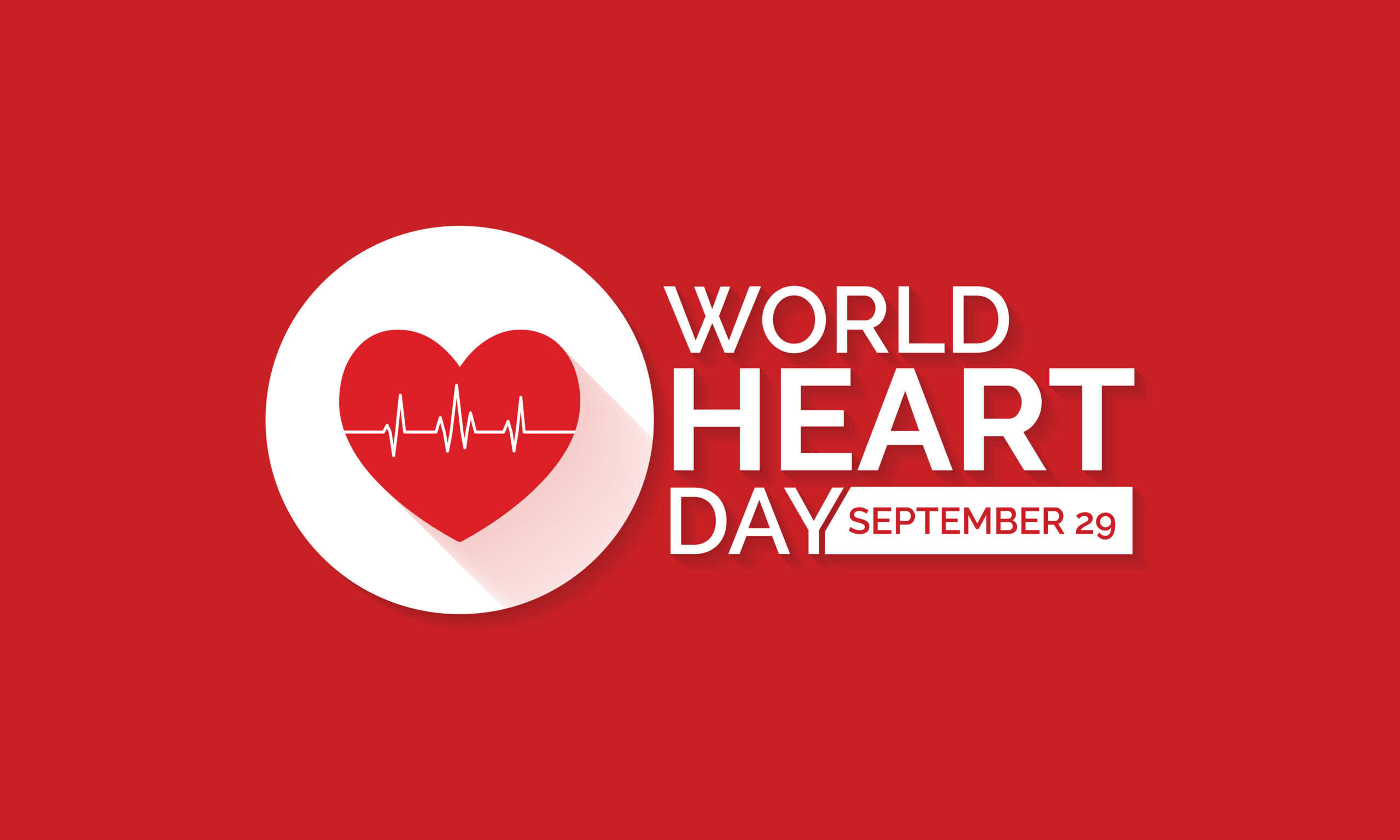
How science-backed innovations can support cardiovascular health this World Heart Day
Every heart matters. In 2022, there are 30 million more people living with cardiovascular disease (CVD) than there was just one year ago. According to the British Heart Foundation, 550 million people globally are living with heart and circulatory diseases, including coronary heart disease (CHD), atrial fibrillation, heart failure, stroke and vascular dementia1. But the heart of the matter is that 19 million people are still dying from CVD every year. The question is how do we change this?
As pioneers in the life sciences industry, we have our finger on the pulse. Each day, our team of scientists and microbiologists work with key opinion leaders, health practitioners and R&D specialists to improve cardiovascular health globally. Whether that’s through developing prebiotic solutions for sustainable weight loss to combat obesity or by publishing peer-reviewed research on probiotic solutions that aim to reduce cholesterol, OptiBiotix Health plc is driving the heart of the matter to the surface by breathing new life into functional nutraceutical innovations.
A heart (❤️) for every heart
It is why we support such organisations like the World Heart Federation (WHD) and its bid to raise awareness for CVD as part of World Heart Day. Taking place on 29th September, this year’s World Heart Day challenge is to walk, run or cycle in the shape of a heart. Members of the OptiBiotix team will be planning their route and hitting the road (or pavement!) in their chosen city to raise awareness for this excellent cause. So, the real question is not how you’ll shape yours, but where?
Today’s leading science
On World Heart Day, the OptiBiotix team are also asking who you believe is most at risk of developing CVD. Those who are mostly sedentary due to their lifestyle or who are genetically more susceptible to developing a heart condition are certainly at risk. However, according to a new study published in the Journal of the American Heart Association, CVD is now a higher risk to those who work in shift patterns2. As part of the study, approximately 37,000 UK participants enrolled between 2006-2010 and were followed for 12 years on average to understand how shift work could affect the rate of developing CVD or diabetes. The study analysed 17,639 participants who worked both day and night shifts. Of those who worked one in ten night shifts per month over a lifetime, they were at a 14% higher risk of developing a cardiometabolic condition. For those who worked more than ten night shifts per month, the risk was a 19% increase.
Where prebiotics and probiotics can help
Global investigations help biosciences companies develop innovative formulations to assist in reducing the risk of CVD. With research like the above, natural prebiotic solutions that support better quality sleep are best, alongside maintaining a consistent sleep routine. For example, one study found that rats fed with a diet rich in prebiotics, which increased their gut flora, had a better quality of sleep compared to those that didn’t3.
WellBiome®, our synergistic blend of two prebiotic fibres and a mineral, is one of those solutions that can help improve heart health. Its mechanism of action works to support the gut barrier by reducing systemic inflammation, regulating protein metabolism, and stimulating the growth of health positive bacteria. It does this by enriching and supporting the Bifidobacterium and short-chain fatty acids throughout the gut. Backed by strong science, WellBiome not only supports gut health, but it also helps to support heart, cognitive and bone health by simply boosting the prebiotic fibres present in the gut.
While prebiotics are excellent all-rounders when it comes to holistic health, probiotics also have a major part to play in supporting cardiovascular health. Our patented probiotic strain Lactobacillus plantarum, LPLDL® is one of those innovations. The naturally occurring strain even captured the attention of NHS clinician Dr Ranj Singh back in February this year when he appeared on BBC Radio Essex to talk about cholesterol.
In his interview, he spoke about the latest LPLDL® study published in the Journal of Functional Foods. The study, which was independently carried out by the University of Roehampton, found that it could reduce total cholesterol by 34.6% and LDL cholesterol by 28.4%. Here, it demonstrated that the probiotic could support cardiovascular health by significantly improving several CHD biomarkers.
Formulators looking for the next solutions to assist in heart health, need look no further than our scientifically backed innovations. For more information on WellBiome® or LPLDL®, contact us here.
References
1. World Heart Federation, Global Heart & Circulatory Diseases Factsheet, August 2022
2. Heart.org, Shift workers with high blood pressure may face higher heart disease, August 2022. https://www.heart.org/en/news/2022/08/29/shift-workers-with-high-blood-pressure-may-face-higher-heart-disease-diabetes-risk
3. R. S. Thompson et al, “Dietary Prebiotics and Bioactive Milk Fractions Improve NREM Sleep, Enhance REM Sleep Rebound and Attenuate the Stress-Induced Decrease in Diurnal Temperature and Gut Microbial Alpha Diversity,” Frontiers in Behavioural Neuroscience , vol. 10, pp. 1-16, 2017.
